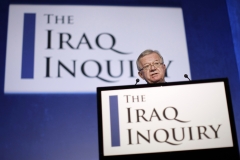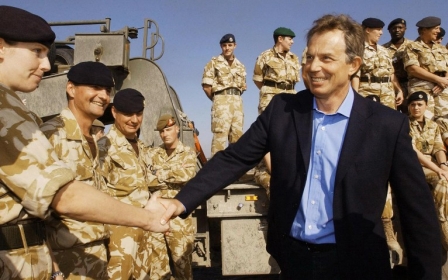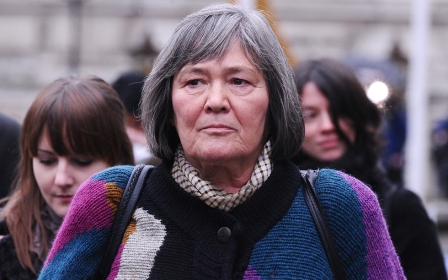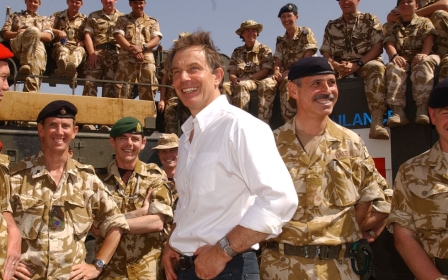Chilcot: Iraq Inquiry will not shy away from criticism
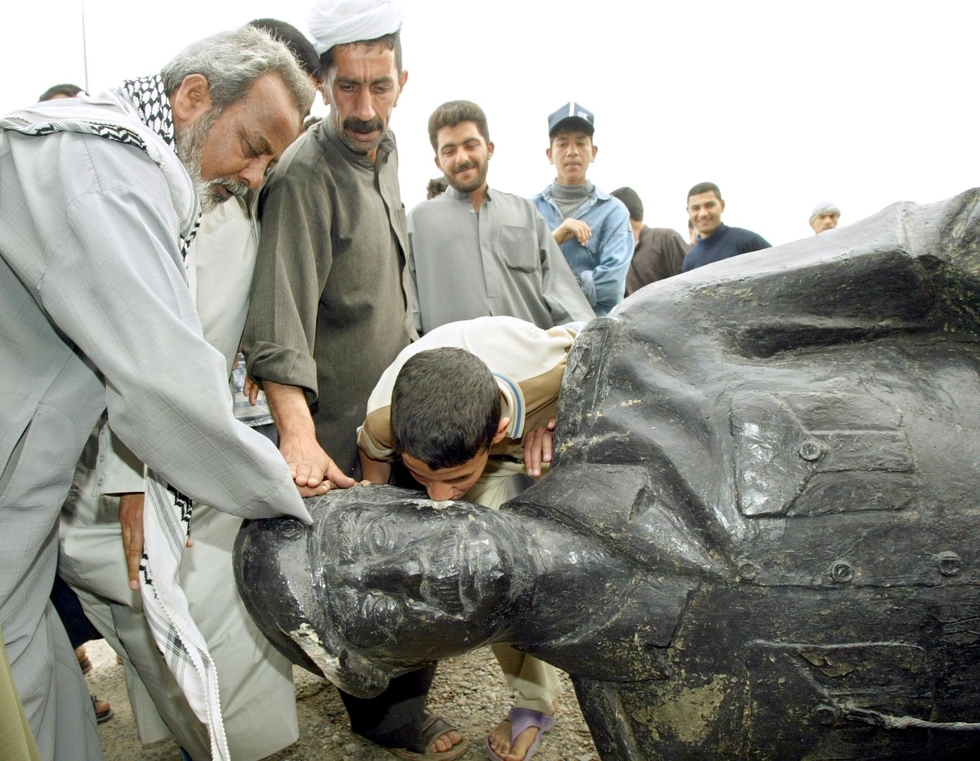
The man in charge of the UK's inquiry into the invasion of Iraq has moved to pre-empt claims of a whitewash, saying he has not been afraid to criticise those involved and that he hoped his report would prevent a repeat of the disastrous chain of events that led to war.
In an interview with broadcasters hours before the report's release at 11am on 6 July, Sir John Chilcot said it woud not "shy away" from criticising those involved in British decision-making.
He said: "The main expectation that I have is that it will not be possible in future to engage in a military, or indeed a diplomatic, endeavour on such a scale and of such gravity without really careful challenge, analysis and assessment and collective political judgment being applied.
"There are many lessons in the report but that probably is the central one for the future."
Chilcot has said from the beginning that he would not rule on whether the 2003 invasion was legal under international law. But his verdict is unlikely to end the calls for some form of legal action against Tony Blair, who as prime minister took the country to war.
However, he said: “I made very clear right at the start of the inquiry that if we came across decisions or behaviour which deserved criticism then we wouldn’t shy away from making it. And, indeed, there have been more than a few instances where we are bound to do that.”
The Chilcot report’s main focus is on what commitments Blair gave to George W Bush in the build-up to war and whether Blair misled the British public over the threat posed by Saddam Hussein's weapons of mass destruction, which were never found.
Military commanders face criticism for failing to stand up to Blair while MI6, the overseas spy agency, for providing inaccurate intelligence and allowing it to be exaggerated by politicians.
Sir John had originally hoped his report would be released within two years of being commissioned, but it has since been hit by a series of delays including wrangling with the Cabinet Office about the de-classification of scores of official documents - most notably on conversations between Blair and the US president of the time, George W Bush.
How Tony Blair lied to Parliament to fulfil his war promise to Bush
The inquiry heard evidence that Blair and Bush reached an agreement to topple Saddam Hussein a full year before the invasion was launched. It is a claim Blair denies.
The Cabinet Office and Chilcot agreed in 2014 that the "gist of the quotes" of meetings between Blair and Bush could be published, although Bush's views would not be reflected.
The inquiry was further delayed while the inquiry carried out the so-called "Maxwellisation" process - allowing those facing criticism the chance to comment before the report finalised.
Clare Short, a former Labour MP who is expected to be criticised for failures of post-war reconstruction in her role of international development secretary, told Middle East Eye last week that she expected Blair would never be forgiven for his decision to order the invasion.
"Both for his deceit but also for the terrible, terrible suffering he has brought on the people of Iraq. He can never be sorry enough, and he’s not even sorry. I don’t think there is anything I could say to him," she said.
The families of British soldiers who died in the war told MEE that they were preparing to use the contents of the Chilcot report to launch legal action against Blair and a number of senior British politicians.
Rose Gentle, who lost her son Gordon in Iraq in 2004, said the “one hope” from Chilcot was Blair being "finally held to account for his lies”.
“Blair lied and Chilcot needs to hold him to account, but I’m afraid the inquiry has dragged on so long that we might not get all the answers we want,” she told MEE.
WATCH: Iraqis give their own verdicts on Tony Blair
Chilcot said: "I have been very conscious from the start that the families have high expectations and wishes to know the truth of all that happened, in particular where their relatives were affected.
"I hope they will feel when they see the report that the broad questions they have in mind will have been, if not resolved, answered to the best of our ability.
Speaking to MEE days before the report is published, George Joffe, an Iraq expert and Cambridge professor who advised Blair in the run-up to the war, said sources in the Foreign Office had told him they did not expect “fireworks” from Chilcot but that it would “condemn Blair roundly”.
“They also say the families will be displeased though,” he said.
The Chilcot report runs to 12 volumes and a summary totalling about 2.6 million words.
It will cover the British intelligence on Saddam Hussein's weapons of mass destruction - the original justification for military action - and the legal advice given to Blair by the attorney general just days before the invasion.
Chilcot will also examine the equipment supplied to British troops, amid claims they were not given adequate protection, and the failure to control the post-war situation which led to a spiral of violence across the country and what many believe culimated in the rise of the Islamic State group.
However, hopes among Blair's critics of a trial are remote. The prosecutor at the International Criminal Court, Fatou Bensouda, said charges cannot be brought in relation to the use of military action as the court has no jurisdiction over the "crime of aggression".
New MEE newsletter: Jerusalem Dispatch
Sign up to get the latest insights and analysis on Israel-Palestine, alongside Turkey Unpacked and other MEE newsletters
Middle East Eye delivers independent and unrivalled coverage and analysis of the Middle East, North Africa and beyond. To learn more about republishing this content and the associated fees, please fill out this form. More about MEE can be found here.


